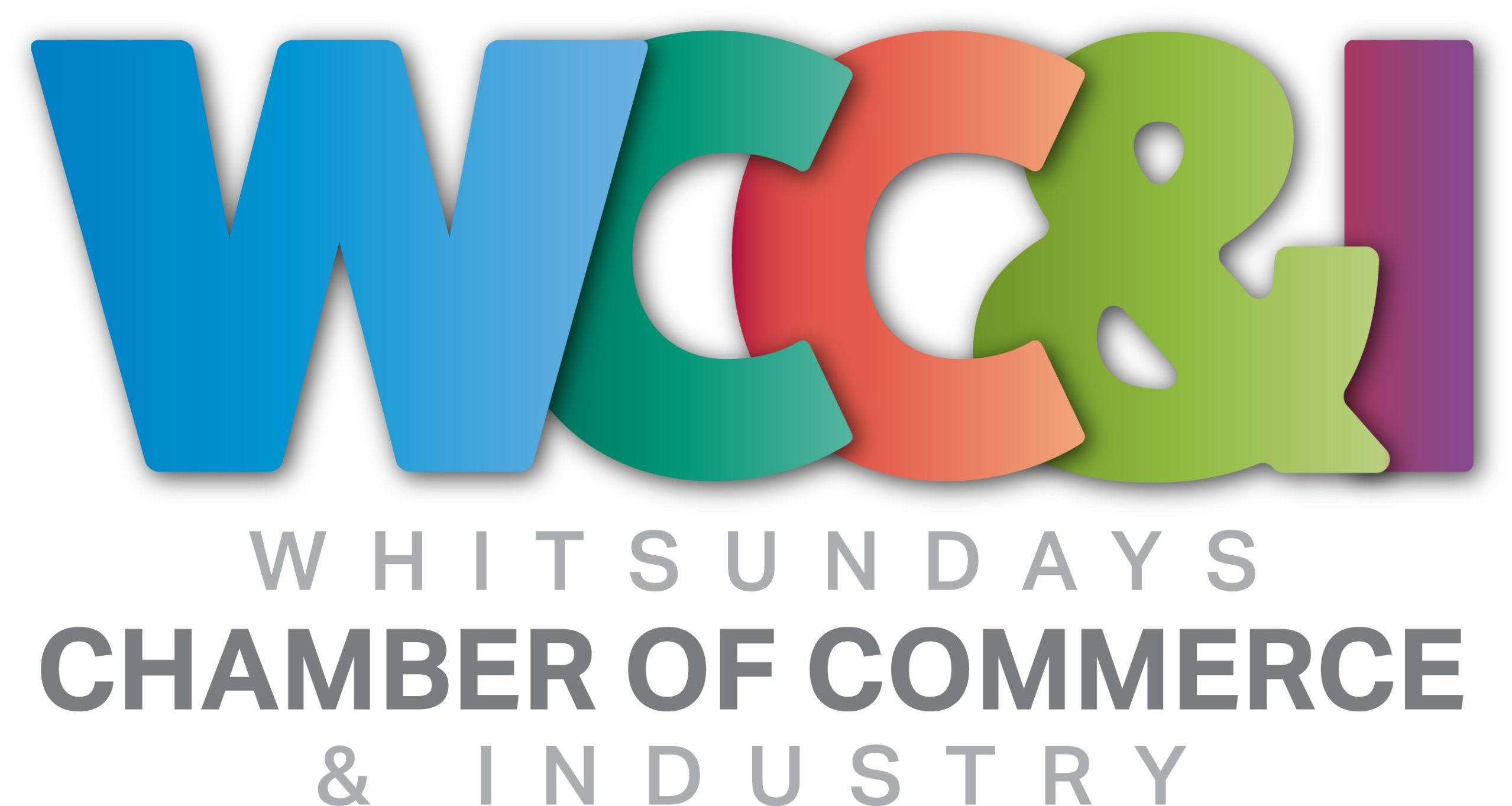The Whitsunday Regional Council held a public consultation on their draft Whitsunday 2030 Economic Development Strategy.
The draft Strategy outlines an economic vision for the region, supported by three pillars of strategic investment, business and employment growth, and prosperous places. Learn more from the Council’s website.
The Chamber has made a formal submission on behalf of our members, highlighting the key priorities and challenges facing the region’s business community. The Chamber’s response is presented below.
Chamber as a valued resource
The Whitsundays Chamber commends the progress demonstrated in this draft Strategy compared to previous versions.
We particularly welcome Council’s recognition in the draft Strategy of the important role that local business chambers play. This acknowledgment is a significant step forward and provides a strong basis for ongoing, effective partnership.
A collaborative approach—bringing together Council, business stakeholders, industry groups, and chambers—will be critical to successful implementation.
The Whitsundays Chamber is ready to contribute, offering expertise and resources to support delivery.
Clarity on Implementation & Accountability
The draft Strategy outlines 18 actions but lacks detailed implementation timelines, resource allocation, or measurable key performance indicators.
We recommended the inclusion of the following to help sharpen up deliverables:
- Clear deadlines or phases (e.g. 0–2 years, 3–5 years).
- A visual roadmap to track progress.
- Indicators tied to each action (e.g. number of new business grants awarded, TAFE enrolment targets).
- Greater detail on sole trader and small to medium enterprise statistics (e.g. number, industries) and workforce demographics (e.g. age, gender, qualifications, and industries).
- A commitment to regular review cycles with input from the Economic Development Advisory Group and/or the Whitsundays Chamber.
- Reporting progress and results to not only Council but to the region’s business community.
Brand Whitsunday: Destination Identity & Olympic Legacy
While the 2032 Olympics are mentioned, there’s no strong brand strategy to leverage it. The Whitsundays Chamber calls for a destination identity initiative to be developed to underpin the draft Strategy.
A “Brand Whitsunday” initiative will assist in identifying our regional strengths, set consumer expectations, and provide a unique framework to promote the region’s business community. This initiative would include defining what the region stands for, creative key messages and a visual identity; assist with investment attraction, talent recruitment, and local business confidence; as well as equipping the business community to actively participate in marketing campaigns.
The Brand Whitsunday initiative – co-developed by the Council with Tourism Whitsundays and the Whitsundays Chamber – can also include:
- Launch a “Beyond the Reef” regional campaign to promote land-based tourism, arts and cultural activities, and wet weather alternatives.
- A Whitsunday Providore component, supporting locally grown, caught, and made produce and products.
- Build momentum before and after the Olympic Games.
Future Growth Industries
A number of future growth industries are presented but not obviously prioritised or advanced or throughout the draft Strategy.
Recommendations for consideration include:
- Timelines to complete feasibility studies and other business community engagement work to inform future possibilities for each industry mentioned (e.g. Industrial Innovation Precinct)
- Business support services for automation and artificial intelligence upgrades.
Need for a Coordinated SME Support Framework
While business growth is addressed in Pillar 2, there’s no centralised ‘one-stop-shop’ for small to medium enterprise (SME) business support.
Establishing a coordinated SME support framework will allow the Council and the region’s chambers to proactively source and promote relevant business resources and support. The framework can promote resources and support programs from government and allied organisations and develop criterion to evaluate new and additional initiatives.
This could include:
- Developing a SME resource and support framework, co-developed with the Whitsundays Chamber, that includes regular check-ins with Council and Chamber liaisons.
- Establish a centralised online hub of business tools and resources.
- Implement an annual SME communication and engagement plan, co-developed with the Whitsundays Chamber.
- Co-host workshops on start-ups, business basics, tender readiness, finance access, and digital tools.
- Creation of a Whitsundays Chamber-led taskforce that explores red tape barriers and working with Council opportunities with the region’s business community.
Entrepreneurship & Youth Retention
There’s little mention of entrepreneurial pathways and employment pipeline for the region’s young people, or indeed actions that centre on workforce availability and productivity (rather than job creation, attraction, retention).
Recommendations for consideration include:
- The establishment of a Whitsundays Chamber-led Whitsundays Young Entrepreneurs Program. This could include business mentoring, utilising the region’s “business elders”, to nurture the next generation.
- School-based start-up incubators or competitions.
- Initiatives that better link TAFE Queensland and university hubs to business innovation and start-ups.


 Putting Buyers First: How Whitsundays Property Buyers is Changing the Game
Putting Buyers First: How Whitsundays Property Buyers is Changing the Game